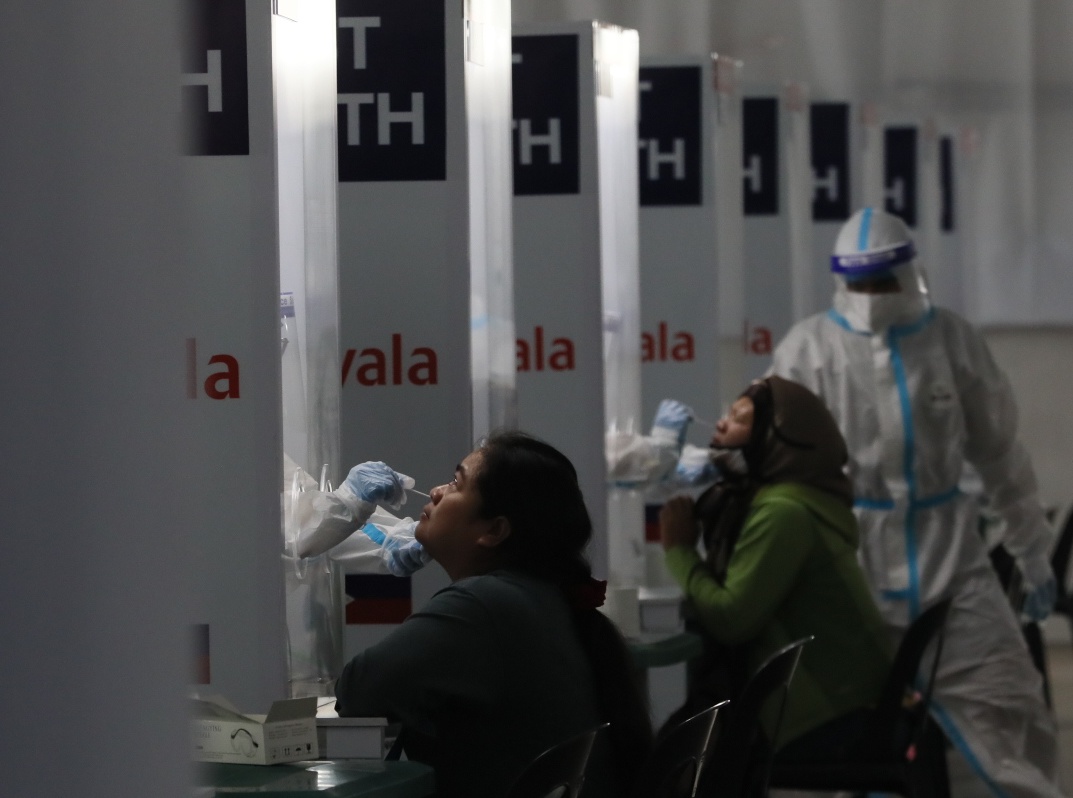
MANILA – Malacañang on Wednesday said there is no reason to celebrate now, as it admitted that the country would not be able to beat the University of the Philippines’ (UP) prediction that coronavirus disease 2019 (Covid-19) infections may breach 85,000 by July 31.
In an interview with CNN Philippines’ The Source, Presidential Spokesperson Harry Roque acknowledged that this time, it would be difficult for the Philippines to beat UP’s forecast in July.
“The forecast happened and I see no reason why we should celebrate. It’s very sad,” Roque said.
To recall, Roque rejoiced in June over the Philippines’ “small victory” after the country disproved UP’s projection of 40,000 Covid-19 cases by June 30.
As of June 30, the Philippines has logged 37,514 Covid-19 infections, with 10,233 recoveries and 1,266 deaths.
Researchers from UP initially projected in June that the country would likely hit 60,000 Covid-19 cases by the end of July, but later revised their projection to 85,000, considering the disease’s transmission rate and doubling time.
Confirmed Covid-19 cases in the country have climbed to 83,673, as of July 28.
Roque’s latest admission came as he reiterated that Covid-19 cases in the country continue to rise because of the improved testing capacity.
“To those who made fun of my excitement, well, you got what you wanted,” he said.
On Monday, UP researchers once again adjusted their projection, as they warned that the Philippines could record up to 90,000 cases by the end of July.
They also cautioned that the number of Covid-19 cases in the country could reach 140,000 by the end of August.
Despite his admission, Roque remained optimistic that the country can still beat UP’s predictions.
“We should always aim to beat the forecast because we have the tools,” he said.
Roque said it is still possible to curb the spread of Covid-19 in the country since the government was able to do it in Cebu City, which is the only area in the country that is currently under modified enhanced community quarantine.
“It can happen because it happened in Cebu already, that they were able to reduce the transmission. And since Cebu was able to do it, we should be able to do it in Metro Manila as well,” he said.